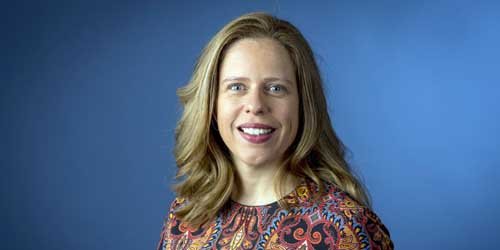Dutch Minister for Poverty Policy, Pensions and Participation Carola Schouten confirmed on Wednesday that she has the intention to halve poverty in general and poverty among children in Bonaire, St. Eustatius and Saba.
“I have the ambition for the Caribbean Netherlands, just as for the European part of the Netherlands, to cut poverty and children’s poverty in half at least,” the minister stated in a letter to the Second Chamber of the Dutch Parliament.

The letter and the attached implementation plan to tackle money problems, poverty and debt mainly addressed the Netherlands, but Schouten did mention the Caribbean Netherlands and confirmed her commitment to the islands.
In the Netherlands, the minister intends to cut the number of people living in poverty in half by 2030, to halve the number of children growing up in poverty by 2025 and to reduce the number of households with problematic debt by 50% in 2030. For the Caribbean Netherlands, she mentioned no specific target dates to reduce poverty. As for the tackling of problematic household debt, she stated that she would discuss the scope of this issue with the public entities Bonaire, St. Eustatius and Saba in 2023, and get a better view of it before determining a concrete objective.
To tackle poverty on the islands, the Dutch government has allocated funding to organise breakfast at schools and it has made financial means available for a package to support people’s purchasing power with the current inflation and increased cost of living.
Money will be available for activities that contribute to tackling money problems, poverty and debt on the islands. The Ministry of Social Affairs and Labour SZW paid 0.8 million euros in 2022 for these activities, and this amount will increase to 2.5 million euros in 2023. From 2025 to 2027, a structural amount of five million euros per year has been reserved.
Additional funding has been allocated for flanking (social) policy in the Caribbean Netherlands in 2023 to the tune of one million euros. Research has proven that 40% of the people on the islands live below the poverty line, and a lot of people with jobs have trouble making ends meet, a group commonly referred to as the working poor.
The Daily Herald.

 Saba News News and Information from Saba Island, Dutch Caribbean
Saba News News and Information from Saba Island, Dutch Caribbean
